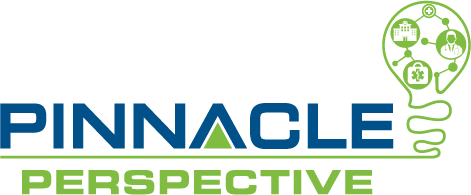
The Centers for Medicare and Medicaid Services (CMS) included some changes related to RHCs and FQHCs in the 2024 Final Rule.
- As referenced in our second article, CMS will now allow addiction, drug, or alcohol counselors who meet the requirements of MHCs to enroll with Medicare as MHCs for both RHCs and FQHCs.
- CMS has shown a commitment to rural communities by extending the definition of direct supervision to allow for virtual presence through December 31, 2024. In addition, the required level of supervision for behavioral health services will be furnished as “incident to” a physician or NPP’s service.
- Remote Physiologic Monitoring (RPM) and Remote Therapeutic Monitoring (“RTM”) will be included in HCPCS code G0511 when provided in RHCs and FQHCs.
- Also, included in HCPCS code G0511, RHCs and FQHCs can provide Community Health Integration (CHI) and Principal Illness Navigation (PIN) services either alone or with other payable services on the claim.
- FQHC and RHC require beneficiary consent for chronic care management and virtual services to be obtained. However, the mode of obtaining the consent is varied and direct supervision is not needed.
As with all CMS updates and changes, it is important to review the Final Rule and analyze how these changes might impact your practice.
Keeping up with the rapidly changing rules for RHCs and FQHCs can be exhausting. PERCS is here to help you navigate both new and existing guidelines to remain compliant. If you have any questions or need assistance, please contact Alysia Delozier, CPC, CPMA, Senior Physician Auditor Educator, at ADelozier@AskPHC.com or Lori Carlin, CPC, COC, CPCO, CCS, CRC, Principal, at LCarlin@AskPHC.com. They will be readily available to answer your questions and provide expert advice, so you are well equipped to move forward!
References:
